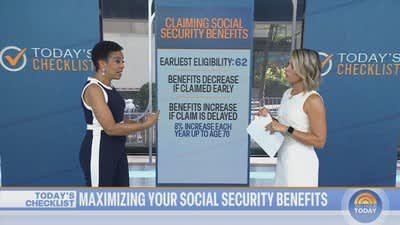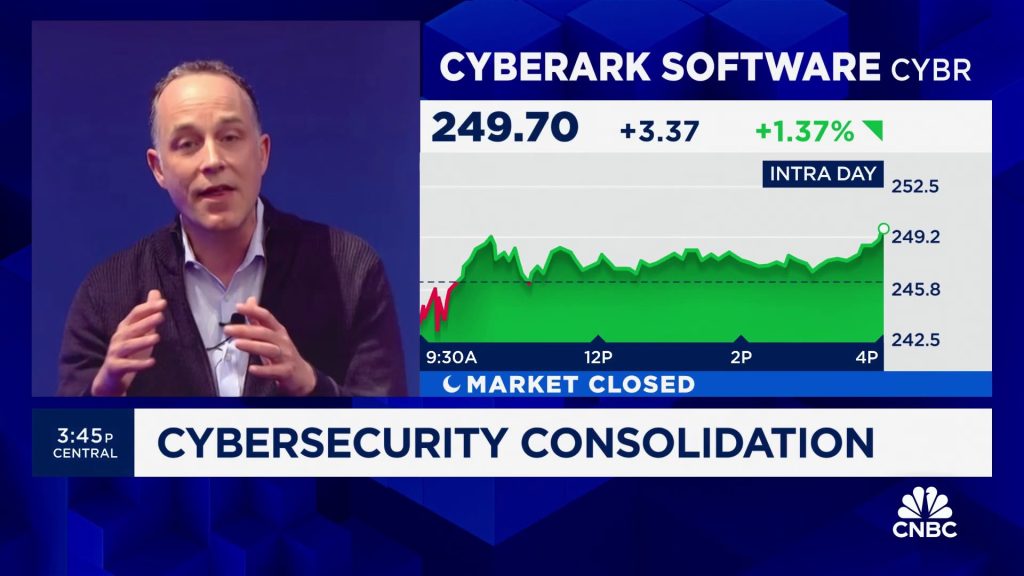Hispanolistic | E+ | Getty Images
There’s still time to boost 401(k) contributions and max out your plan account for 2024, but not everyone should, according to financial advisors.
For 2024, employees can defer up to $23,000 into 401(k) plans, up from $22,500 in 2023, with an extra $7,500 for workers age 50 and older. Some 401(k)s allow added savings beyond those limits.
Generally, “it’s a no-brainer” to save at least enough to get your employer’s full matching contribution, which deposits extra money based on your deferrals, said certified financial planner Donald LaGrange, a wealth advisor with Murphy & Sylvest Wealth Management in Dallas.
More from Personal Finance:
Some college list prices near $100,000 a year, ‘a worrisome trend,’ expert says
Walz’s family turned to Social Security when his father died. Some kids miss out
Here’s how to use required retirement withdrawals to improve your portfolio
After receiving your employer’s full 401(k) match, you should consider “several variables” before adding more to the plan, LaGrange said.
Some 14% of investors maxed out their 401(k) employee deferrals in 2023, according to a 2024 report from Vanguard.
Meanwhile, the average 401(k) savings rate in 2023 — including employee deferrals and company contributions — was an estimated 11.7%, which matched a record high from 2022, the same Vanguard report found.
If you can afford to go further and max out your 401(k) for 2024, here are three things to consider first, experts say.
1. Prioritize high-interest debt
After getting your employer’s full 401(k) match, paying down high-interest debt such as credit cards and auto loans should be a priority, said Austin, Texas-based CFP Scott Van Den Berg, president of Century Management Financial Advisors.
“With today’s higher interest rates, prioritizing debt repayment is crucial if they must choose between the two,” he said.
The average credit card interest rate was hovering near 25% in early August, according to LendingTree. But that could fall once the Federal Reserve starts cutting rates, which could come as soon as September.
“The key is to pay off the debt first, which will free up cash flow,” for higher 401(k) contributions in the future, Van Den Berg said.
2. Plan for short-term goals
Before maxing out your 401(k), you should also consider whether you’ll need the funds for other short-term goals, such as paying for a wedding or buying a home, experts say.
“A 401(k) is not the most efficient account to save for pre-retirement goals,” LaGrange from Murphy & Sylvest Wealth Management said. “Savings should reflect a family’s goal priorities and timelines.”
If you tap your 401(k) before age 59½, you’ll generally trigger a 10% early withdrawal penalty, along with regular income taxes.

3. Weigh your emergency fund
Most experts recommend keeping a minimum of three to six months of expenses in cash or other liquid assets for emergency savings, depending on your circumstances. Some experts say that should be higher for entrepreneurs or small business owners.
Nearly 60% of Americans aren’t comfortable with their amount of emergency savings, up from 48% in 2021, according to an annual Bankrate survey that polled more than 1,000 U.S. adults in May.
If your emergency savings aren’t sufficient, you may consider boosting cash reserves before maxing out your 401(k), experts say.

